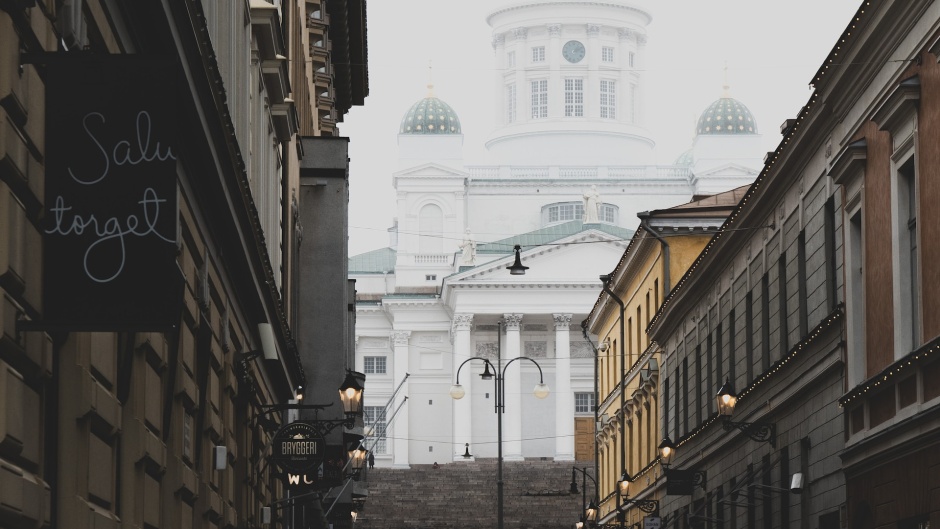Three blind spots
Politicians, diplomats and intercessors from the Nordic and Baltic nations gathered in Helsinki for a prayer breakfast near the Finnish parliament.
05 OCTOBER 2023 · 07:00 CET

Politicians, diplomats and intercessors from the Nordic and Baltic nations gathered in Helsinki for a prayer breakfast near the Finnish parliament on 29 September 2023.
They were following in a tradition linking prayer and politics which dates back seventy years to the inaugural Presidential Prayer Breakfast with President Eisenhower in Washington, DC, and the European Parliament Prayer Breakfasts in Brussels since 1998.
Even prior to these initiatives, in 1952, three of the ‘founding fathers of Europe’, Robert Schuman, Konrad Adenauer and Alcide de Gasperi, had met for prayer at a monastery near Koblenz on the Rhine on the eve of signing the treaty establishing the European Coal and Steel Community. This was the first step towards breaking the pattern of recurring wars and creating a ‘community of peoples deeply rooted in Christian values’. They prayed for a Europe in which nations would build together.
‘Building together’ was the theme of Friday’s event. Those gathered had come for the purpose of strengthening relationships and mutual encouragement for their work in the rough and tumble of politics. Asked to address this topic, I explored Paul’s building project analogy in his first letter to the Corinthians (3:10).

Jeff Fountain speaking at the Second Nortic-Baltic prayer breakfast, in Helsinki. / Photo: Jouni Lallukka‘So what are we engaged in building?’ was my first question. If the audience had been made up of bishops and pastors, the answer probably would have been: the Church. Yet before me were people active in the public square – not church institutions.
Where can young people go to be equipped in public theology as kingdom agents in the public square?
If we really believed that in the evangelical world, surely it would be reflected in our theological seminaries! Unfortunately it is not. Where can young people go to be equipped in public theology as kingdom agents in the public square, to prepare for a career in politics, diplomacy or commerce?
‘How are we engaged in building?’ was the next question. Paul reminds the Corinthians that Jesus Christ is the foundation. He is the focus of the prayer breakfast movement, the highest common denominator for believers of all political persuasions. And the Living Word is revealed in the Written Word, the book that has shaped Europe more than any other factor.
How much do we know of the transforming power of the Bible in shaping our politics, government, democracy, the concept of Europe, European culture, European integration and the European Union itself? How can we identify the spiritual idolatries behind all the -isms, (nationalism, capitalism, socialism, liberalism, etc) each of which absolutises something of God’s good creation, as David Koyzis explains in Political visions and illusions (see also my Schuman Talk with David).
Again, where can young aspiring politicians learn Biblical foundations for their callings to the public square?
‘Where are we engaged in building?’ was the third and last question, which led directly to the third and last blind spot. Most of us are engaged in building at the local level. Evangelicals generally focus on the local church and thus think locally. Protestant churches emerged from the Reformation as territorial churches, such as the Church of England or the Dutch Reformed Church. They tended to think nationally. But Catholics have always viewed themselves as belonging to a universal, catholic church and thus saw a broader picture.
So thank God for the Prayer Breakfast movement as it aims to nurture friendships across political, philosophical and even religious differences, holding prayer events in the European Parliament and the parliaments of many of the 50 European nations.
Jeff Fountain, Director of the Schuman Centre for European Studies. This article was first published on the author's blog, Weekly Word.
Published in: Evangelical Focus - Window on Europe - Three blind spots
